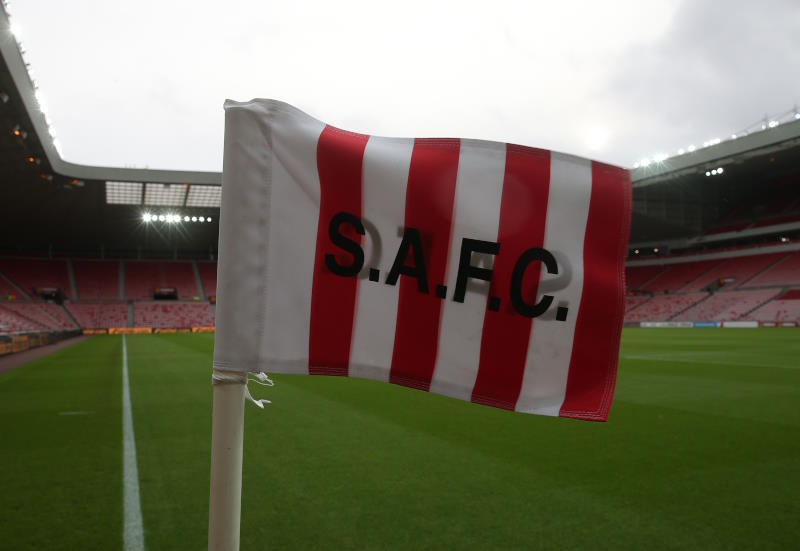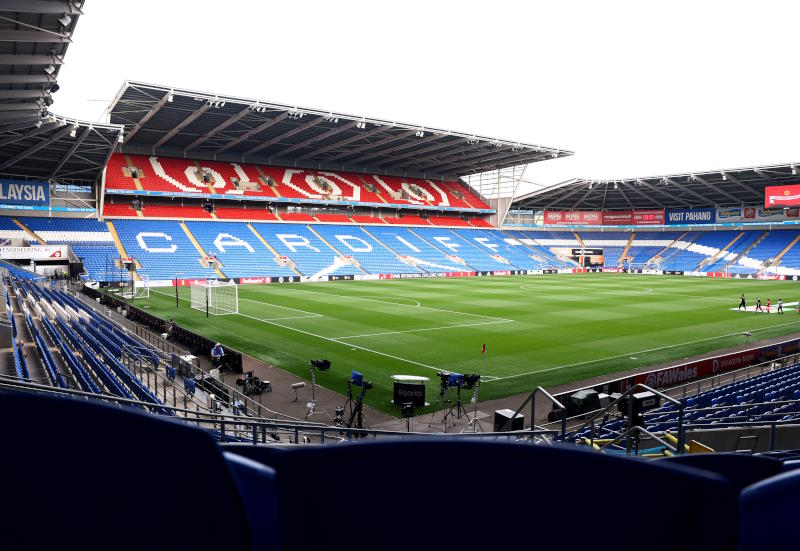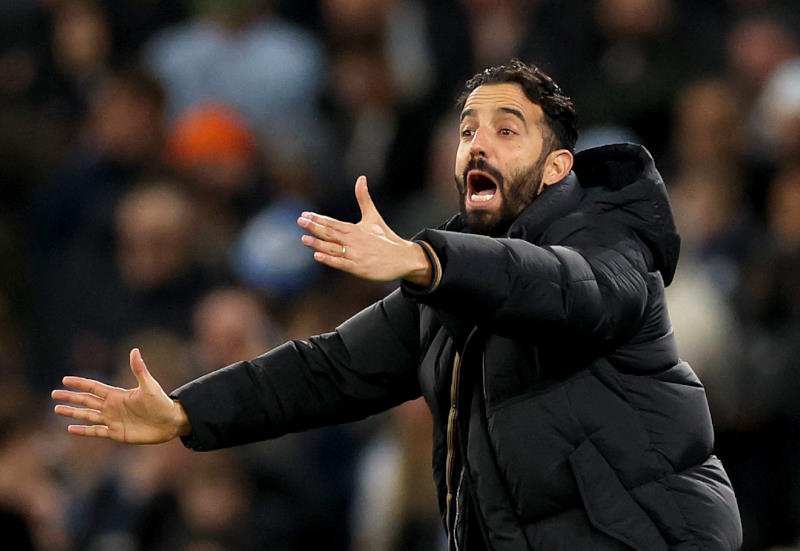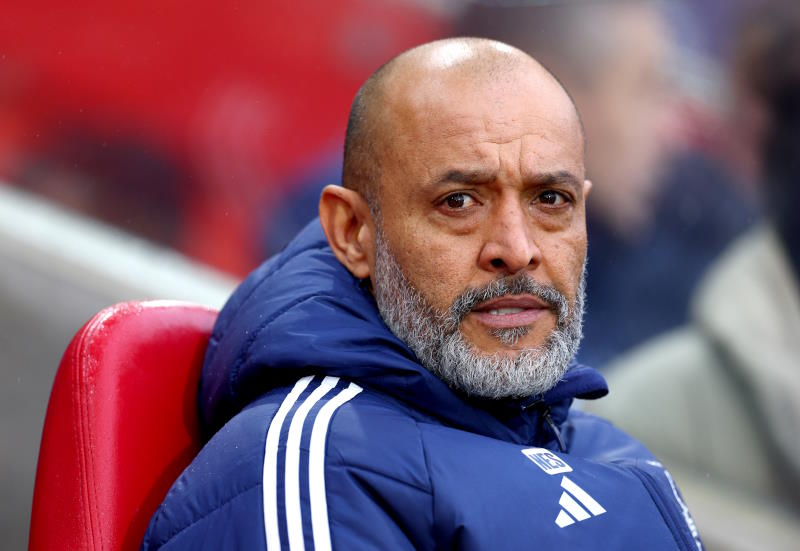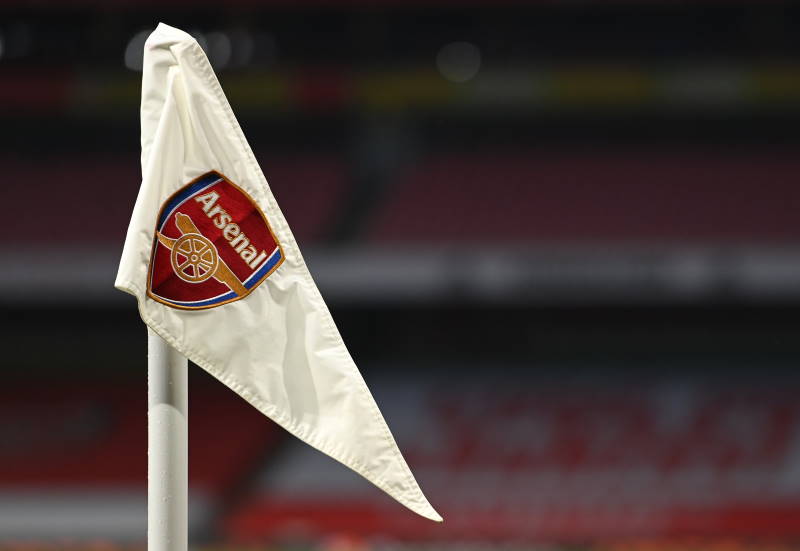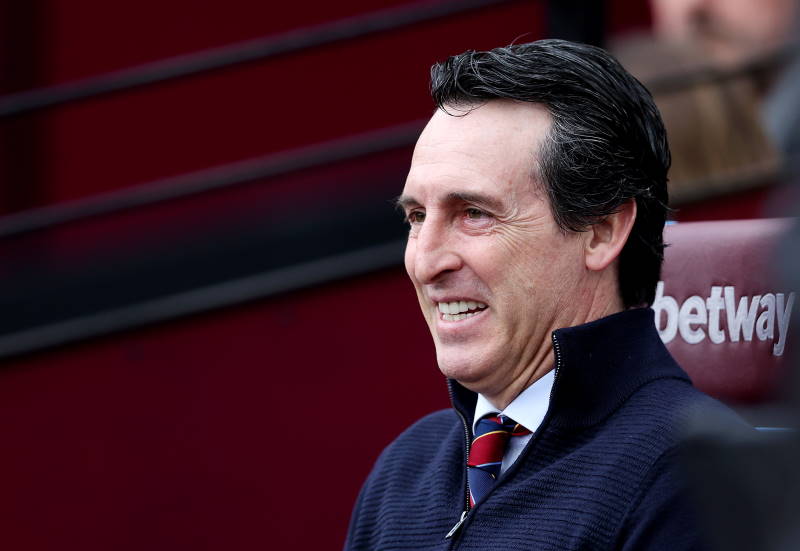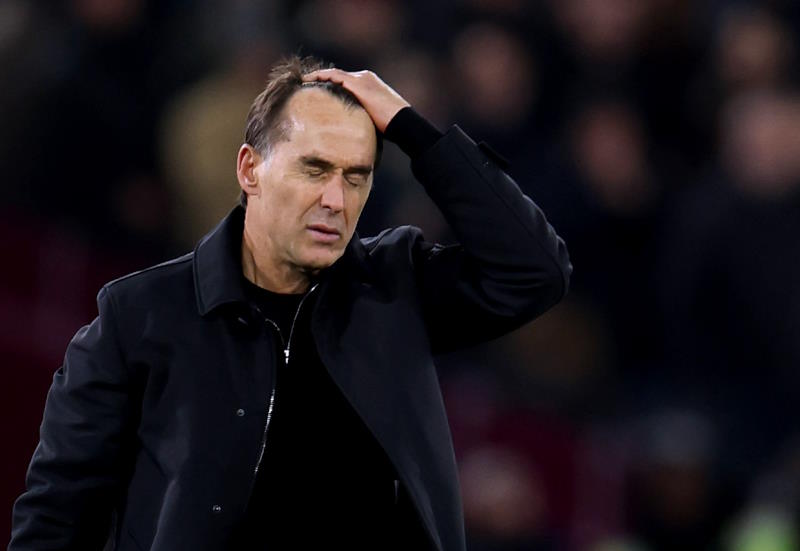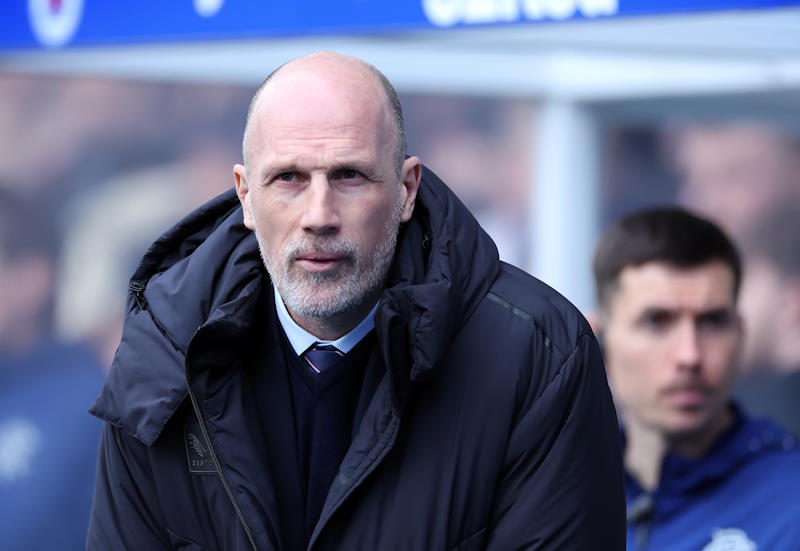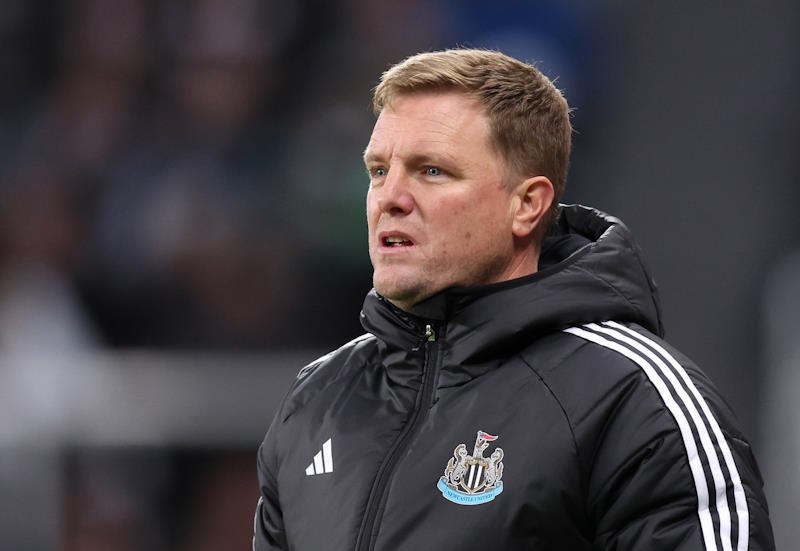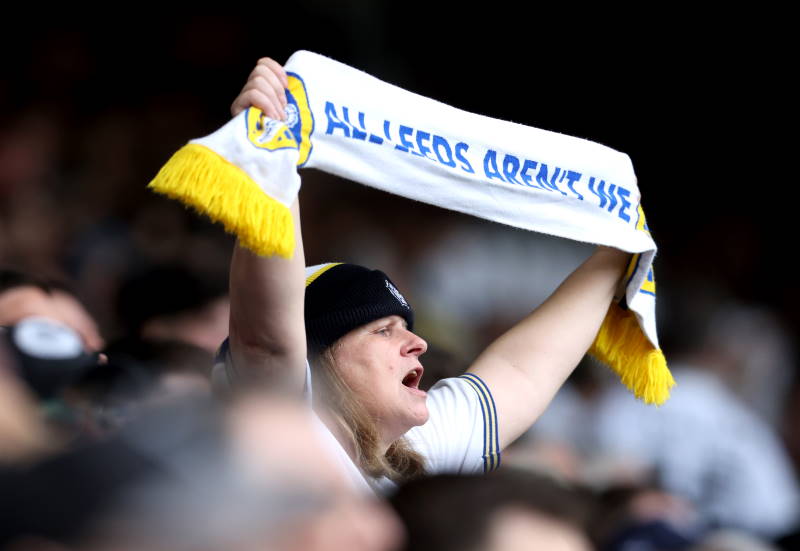
There was a time in the not too distant past when ordinary fans stood a good chance of bumping into their heroes during the week. The local supermarket, or perhaps the local park, were good places to star-spot, but the mega-rich superstars of today are more likely to be hidden behind the tinted windows of their Range Rovers these days, and to be hiding in roped-off sections of the most exclusive nightclubs and restaurants.
In the 1970s, anyone who lived in London stood an excellent chance of seeing the mercurial Stan Bowles, especially if they were in a local pub or bookmakers shop. The brilliant, but unpredictable, Bowles was a man of the people in every respect, and his efforts on the after-dinner speaking circuit in recent years have only served to underline this.
Born in Manchester in 1948, he began his career at Maine Road with Manchester City, but drifted towards the lower leagues after only a handful of appearances. After spells at Bury, Crewe Alexandra and Carlisle United, the forward made his way to Queens Park Rangers. Stanley Bowles and the bright lights of London soon found they were a perfect match.
At Loftus Road, Bowles became a key figure in a side that became the greatest in the club’s history. QPR played some hugely entertaining football, often on pitches that were more mud than grass. With other entertainers in the side such as Gerry Francis, Dave Thomas and Don Givens, QPR fans enjoyed some exciting times, and for non-Hoops supporters, Queens Park Rangers rapidly became everyone’s second favourite team.
QPR enjoyed their best ever season in 1975/76, yet it also turned out to be the most heart-breaking. Under the stewardship of the shrewd and unassuming Dave Sexton, Rangers took Bob Paisley’s mighty Liverpool side all the way to the wire, ultimately losing the league title by just one point. While many hoped this would be the catalyst for further success, in the end it represented a height the London-based side have never managed to reach since.
Stan Bowles had an enormous talent and could make the ball move in ways that lesser players could only dream of. A quick change of pace here, a defence-splitting pass there, he could alter the course of a game in a split second, yet some in the know felt he could have done more with his talents. Like many mavericks of the game, Bowles’ immense skills were allied to an exuberant personality, so his genius was never likely to achieve its full potential.
Stan the Man, as he was inevitably known, had an all too short England career, winning just five caps in a stop-start period that saw him play under three different international managers (Alf Ramsey, Joe Mercer and Don Revie). One solitary goal against Wales was a disappointing return from a player that could have gone on to rule the world. His elaborate talents were never likely to work, however, in an England team that placed the priority on work-rate and sweat rather than insight and trickery.
After a predictable fall-out with manager Tommy Docherty, Bowles was shipped off to Nottingham Forest in 1979. However, the chances of a flamboyant bon vivant like Bowles fitting into a side managed by Brian Clough were slimmer than Kate Moss on the Atkins Diet, and his time at the City Ground was limited to less than 20 matches.
In 1980, Bowles returned to London for spells with Leyton Orient and Brentford before bidding farewell to the professional game in 1984. Despite the lifestyle, Stan remained fit enough to play full-time until the age of 36 and even continued to play non-league football after that.
It came as no surprise when Bowles was named QPR’s greatest ever player in a 2004 poll, and the current crop of Premier League new boys will have to perform miracles if any is ever likely to come close to making a similar impact. Sometimes, football can touch the soul, and players like Bowles will always be more than just a bloke who could kick a pig’s bladder around a field.

